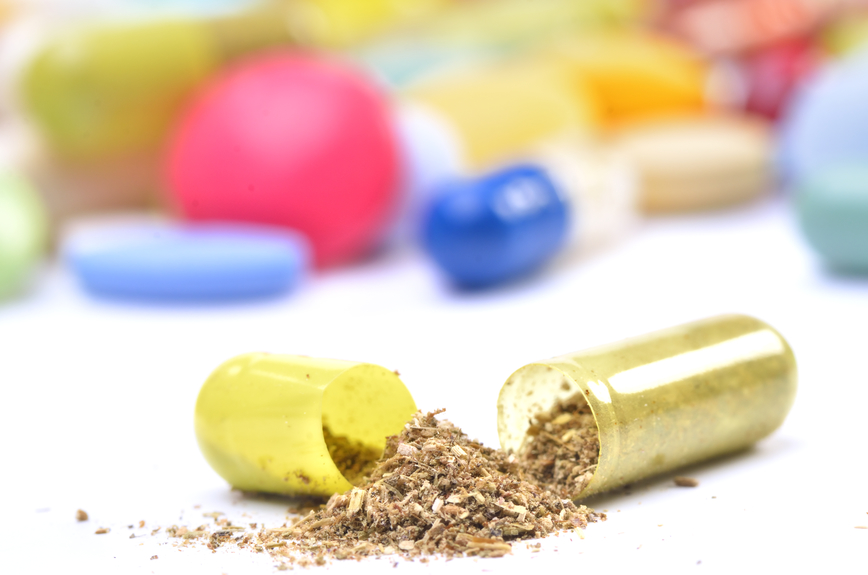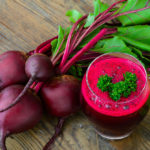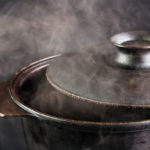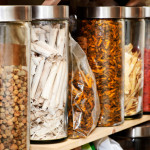
29 Mar Before You Shop For Herbal Supplements
A few years ago, the Attorney General of New York ordered Wal-Mart, Target, Walgreens, and CVS to remove ALL herbal supplements from store shelves. He prematurely claimed that testing showed nearly all of them to be missing the herbs listed on their labels.
Really, what do you expect from a big box or chain store where the motto is “Always low prices”?
“At the intersection of cheap and quick”, more accurately.
Convenience is King
It helps to remember why these stores exist. They’ve figured out that your attention span as a consumer is short. Lots of products and brands are competing for your dollars. So, you’re likely to make a choice based on what’s in front of you at any given moment, NOT based on hours of researching for the best quality (or price) product.
When I shop at a gas station and see a hot breakfast sandwich smelling so yummy, I know I’m getting a poor substitute for a real breakfast. But I buy it anyway, because I’m in a hurry and it’s convenient. I don’t have time to sit down for a restaurant or home-cooked meal, so I’m sacrificing quality for something that’s more important to me – convenience. In that moment, it’s good enough.
Good enough is ok when it comes to the occasional meal on-the-run. But for something you take every day to promote vitality and strength and health, it’s worthwhile to give more thought. To ask around.
When you shop at big box stores for health products, you have to know that health is not the business they’re known for. Their business is making money selling household and personal items you want at cheap prices.
Giving Us What We Want
Americans want herbal supplements, to the tune of $8 Billion in 2018. That number is growing rapidly for lots of reasons; mainly, an expanding public awareness of the human and financial expense that pharmaceutical meds have laid on us.
You want healthier alternatives, and you’re turning to dietary and herbal supplements in record numbers. Big business has picked up on these trends and served it up on a platter. There it is, the Echinacea you saw on your Facebook feed last week, touted by a doctor in scrubs, and it’s only $5.99. Why not try it?
After all, it’s safe. Some federal body somewhere is keeping herbal supplement manufacturers accountable for quality, right? Yes. There are regulations governing the claims made on labels and the processes of manufacturing itself.
It’s Not That Simple
But like every industry, some manufacturers take every cost-cutting shortcut they can get away with, and others stake their reputation on quality by pulling out all the stops. They take steps beyond what’s legally required to identify and ensure the purity of the plant matter in their products.
Those are the companies I want to stay in business. And you probably do, too. So why do some consumers accept questionable quality from their herbal supplements? Why is it ok to buy herbal products from a discount store that’s all about price-slashing?
I ran this by one of my clients, and here’s how she explained this phenomenon.
You have a mental checklist of what it means to be healthy. And that list includes maintaining peak performance so you can continue to “go, go, go”.
Take a daily vitamin. Check.
See the doctor once a year. Check.
Five servings of vegetables. Check.
Beyond the act of checking off healthy activities, there’s very little thought given to whether these practices have any value for you personally. If the TV doctor says its good, and your sister-in-law says it works, then it must be good for you.
It’s hard to blame people for checking boxes and choosing cheap. Access to reliable information about what’s effective and safe is hard to come by.
Too often, information about herbal supplements is provided only by the companies selling them– NOT an impartial way to judge reliability.
So what’s a discerning consumer to do?
Here are 5 Ways you can sort out herbal supplement quality:
- ASK your friends, coworkers and relatives where they buy their supplements and why.
- BE SKEPTICAL of pyramid and multi-level products sales. The products may be good quality, but they’re often very overpriced.
- Save your money and EAT THE FOOD EQUIVALENT. Concentrates and juices are easy and convenient, but they usually don’t contain any of the fiber and other materials that maximize the nutrition of that healthy food. Fresh blueberries beat blueberry supplements, any day.
- TALK TO YOUR HERBALIST. Their clients have taken lots of herbal products in liquid, capsule, tablet, fresh and dried plant forms, and they’ll be aware of brand names of the highest quality herbal supplements.
- FORM A RELATIONSHIP with an herbal or holistic provider. Get to know them, so when you need help making healthy choices, they can recommend alternatives to fit your budget and personal needs.
You can’t send a sample of every dietary or herbal product you take to a lab to verify its authenticity. And you don’t have to.
Working with a professional herbalist means you have the best chance of finding herbs that are appropriate, safe, and effective. Save yourself time and money.
Set up an appointment with Mo. Check!
Related posts:
How to Choose An Herbal Remedy That Works
If You Were a Plant, What Kind Would You Be?




